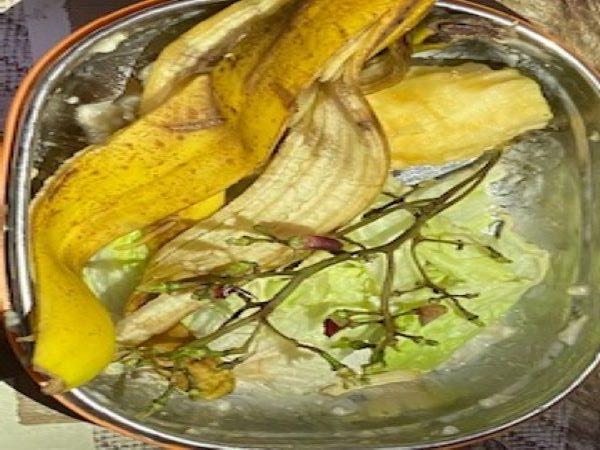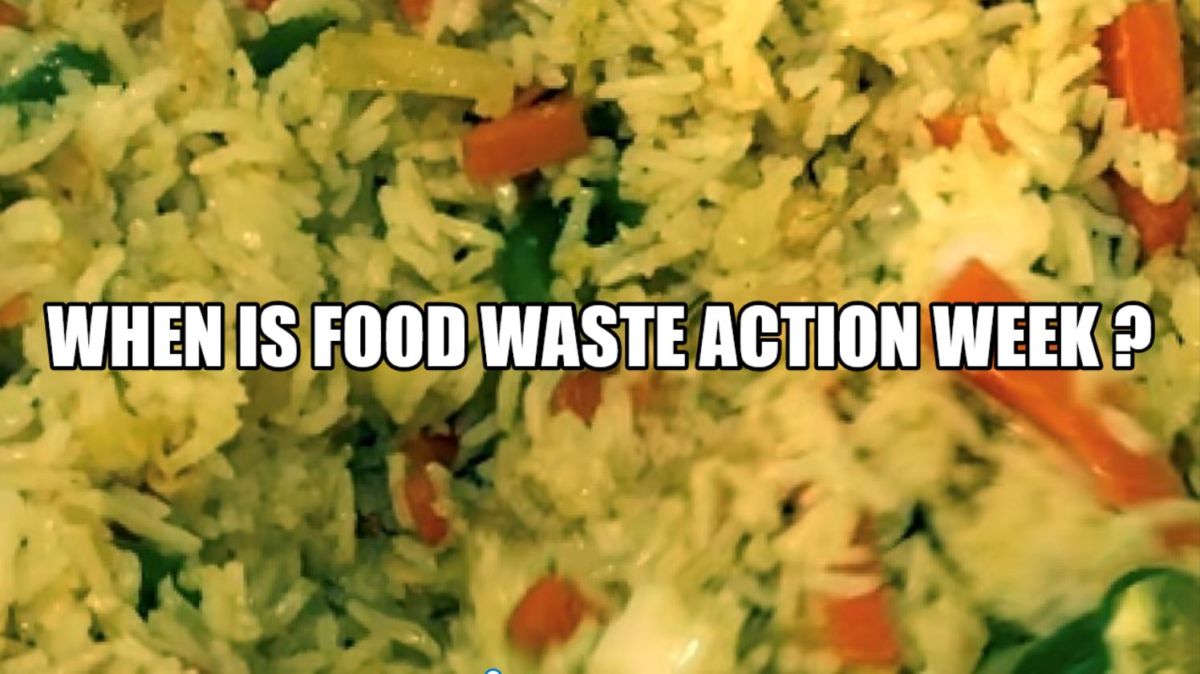How we are tackling food waste here in the UK is the question that many of us want to learn the answer for.
We all can do something at home to reduce food waste. Not only this but even as a business we can reduce food waste which can help us to not only make money but save a lot more then we think we can.
From Pizza shops to takeaways all have some things that can be done to cut down on our food waste. We are looking forward to this plan to take effect. As it will involve educating businesses and not for profits organizations to turn the waste into another kind of products and or even adopt a new perspective and learn ways they can actually reduce the food waste.
Ben Elliot who is the Government Food Surplus and Waste Champion announced on 30 January 2020 of him holding a “Food Waste Action Week” from the 11th of May 2020 onwards & also called businesses & households to combine efforts.
This comes out of a Resource Action Fund which is an 18 million pound fund that is provided by DEFRA to support resource efficiency projects with a goal of diverting reducing and better waste management. This funding is to support projects in England.
How much food was wasted last year?

As per the updated WRAP research, about 9.5 million Tonnes of food is wasted each year.
There are 4.5 million tonnes of food wasted which could be avoided hence this programme seems quite robust in tackling the issue of food waste as we go along. As more and more people are getting educated on how they can cooperate and help, they are making efforts. We are all together in this to help save food waste at least things that can be avoided.
Hence these initiations of combined efforts are in conjunction to propel the reduction of food waste by 20% by the year 2025 in Manufacturing and retail areas.
This, as we learn, is not a double but a triple whammy. It shoots 3 problems with one arrow. This is how it does; firstly as the food waste is reduced then the cost of collection of food waste will also cut down.
For example: Where there are 3 waste food bags there could just be 2 or 2 and a half. If one instance saves this much then imagine the same action on a macro level will save millions.
The second problem of wasting money on food again and again– Now you can save money.
For example: If a retailer will buy the stock cheaper then it will not affect his or her margins when they sell to the customer. Hence the vegetable or fruit is not going to get as expensive as compared to low margin due to waste in terms of items rotting unnecessarily. This way items will move faster out of the storage.
The third problem we are facing currently is also of carbon emissions
For instance: If more local products are purchased and shifted quicker then there are less chances of remaining items getting ripe faster and then rot in the storage.
Ben Elliot had announced the Food Waste Action Week by stating “The country’s first ever Food Waste Action Week will be taking place from Monday 11th May and I encourage and implore everyone to get stuck in, joining together and taking the fight to food waste. More details will be provided shortly on what we must all do to reduce food waste at home and at work.”
How this funding of £1.15 million will be split?
What we learn from the announcement is that the 1.15 million is going to be split into 2 small scale grants. Small and Medium Enterprises & non-profit Organisations that are inspiring the public to reduce household food waste – By educating consumers through the relevant programmes such as storing the food in a proper way and also to understand their shelf life. This is known as Citizen Food Waste Prevention grant (£650,000 in total)
This is because some items remain good for long however, not many of us might know about it. We might think of it going bad and hence we throw the food.
Also, we buy items that are not necessary but due to some unwanted situation such as we don’t have change & buying a pack of 2 or 4 will help me pay the merchant by card payment else we have to pay cash or pay extra to pay by card.
I’m sure many of us must have come across this instance while travelling especially or on a family outing most probably.
Ever came across a situation where you had to catch a train to go somewhere and the shop keeper doesn’t allow you to purchase a £1 or £2 crisps. It compels you to buy anything as fast as you can so you can pay by card and get to board your train or bus on time.
The second grant is open for collaborative projects from any size organisations which are initiating and steering the ways to create useful products out of food waste. This grant is also known as The Value from Food Waste (£500,000)
Both the Citizen Food Waste Prevention and the Value from Food Waste will be managed by non Profit WRAP.
Now businesses have a cost that goes to the service provider because of which a small transaction cannot be a profitable option when a customer uses a card to make a payment. Hence, the charge making it a certain amount helps them to cope up with the charge.
If we understand this then we may be able to realise where the merchants are coming from when they ask you that card can be used only if you buy for a certain amount, for instance, £5 or more.
To get more information on these grants please visit the website for WRAP

